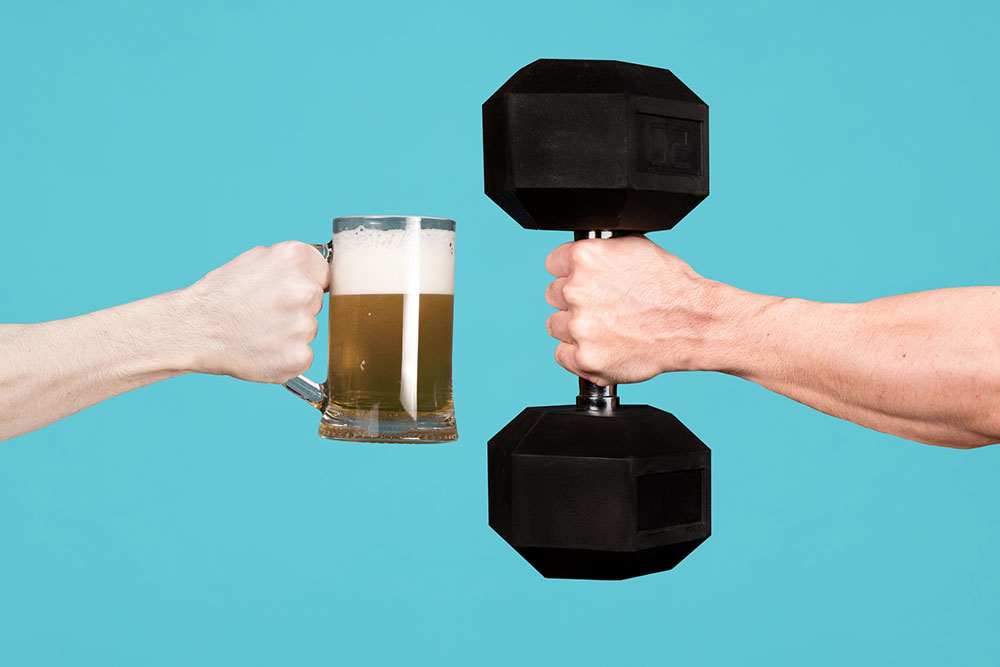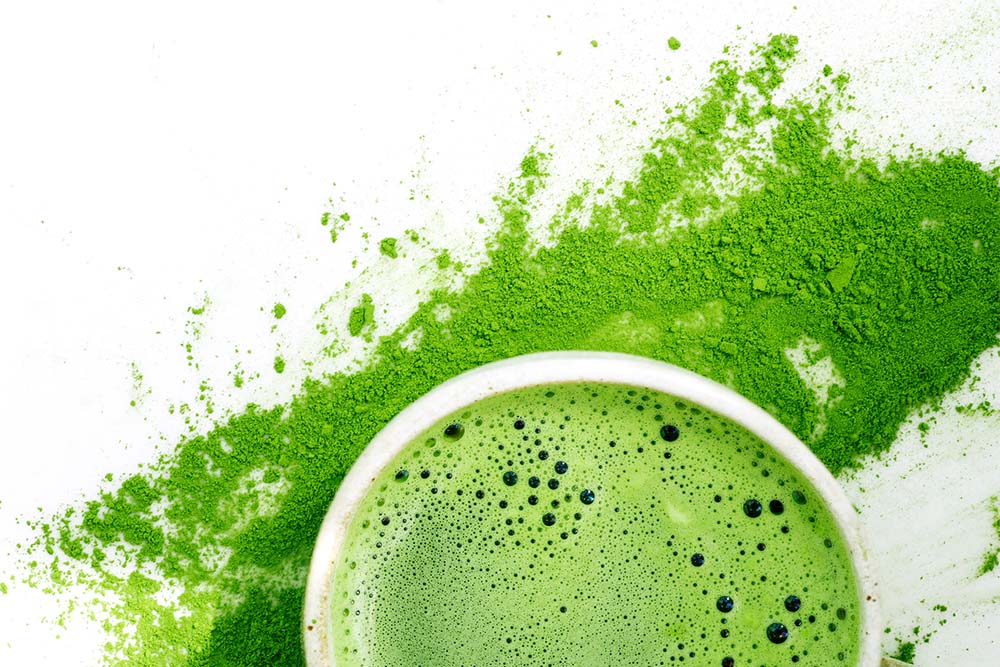Everything You Need To Know About Protein Supplements

Evan Stevens
The study of protein is a huge undertaking. It is one of the three macromolecules essential for life and we still spend billions of dollars a year on its study and use in sport and overall health. It is an ever-changing field, one which forces us to re-examine our knowledge of the subject with each new study and review published, either re-enforcing our views or making us change our approach from here on out. In this final part of our discussion we recap all that we’ve learned so far and touch on how to properly go about buying a supplement for yourself.
 Recover faster from high-intensity workouts with the combination of cold therapy and massage made possible by the Recoup Fitness Roller.
Recover faster from high-intensity workouts with the combination of cold therapy and massage made possible by the Recoup Fitness Roller.
Buying Protein Supplements
As we discussed in part one, there are a multitude of protein manufacturers all gunning to get into your wallet. Their marketing teams try their best with flashy names and buffed-out models on the front of their products to advertise them. So what are you to look out for when you go shopping? What’s going to set the good ones apart from the bad ones? Here’s what to look out for:
- Isolate vs concentrate: Always buy an isolate. Isolates are the desired individual, pure component. Concentrates have a higher amount of the protein you are looking for, but they also
carry with them some of the by-products which may be undesirable. For example, when purchasing a casein product that isn’t an isolate, you may want to know whether it is from a cow
or a goat/sheep. Without an isolate, the concentrate is essentially glorified milk and cow milk has been shown to have negative effects on an individual’s cholesterol whereas goat’s milk
actually has cholesterol-lowering properties. If you are going to consume casein in a food-format (from milk), and you have high cholesterol, maybe look into goat’s milk. If you buy an
isolate, the casein is casein without the added fats and cholesterol from the “whole” milk component. - Branched Chain Amino Acids
: As we’ve discussed, branched chain amino acids are thrown around a lot in the supplement game. However, we really just need one BCAA – Leucine. Leucine is the only one that matters to spur MPS.
- Protein Serving size: The last real thing to be wary of when purchasing a supplement is the protein serving size on the packaging; that is, the amount of protein in each serving. Knowing that we don’t need more than 20-25g of protein per serving in a supplement, any supplement which gives you a serving bigger than that is wasting your money. Look at how much leucine is in each serving as well. If the serving provides 3g of leucine (which is within our desired 2-5g leucine with protein) but the serving is 40g of protein, then we are really getting only 1.5g of
leucine per 20-25g of protein. Which doesn’t get us to that MPS leucine trigger point (unless you are getting too much protein which can lead to weight gain and money loss). We want
something that provides 2-5g of leucine per 20-25g serving.- You may need to buy a leucine supplement separately. While a lot of protein powders come in isolate formats, some may only advertise BCAAs and not leucine alone, or (in the case of casein and soy) don’t have enough naturally occurring leucine in them to begin with. As well, some companies will not list the BCAA break down; they may list 4g BCAAs but not the ratios, it could be 1g Leucine, 2g Valine, 1g Isoleucine. While some companies add Leucine specifically, it is often difficult to find them or can be cost prohibitive.
- All products total serving sizes are probably going to be above 20-25g. We are looking for that amount of protein per serving. A total serving size of 35 grams is fine if the protein is 20-25g. There is always going to be some filler: sugars, added vitamins and minerals, thickening agents, tastes, etc. Just try to look for something that doesn’t go too heavy into the fillers. Anything over 40g per total serving while still boasting 20-25g of protein is too much filler and you should stay away.
Examples of Good Protein Supplements
Whey: ISO100 — 25g Whey Protein, 5.5g BCAA, 2.7g Leucine, 31g serving, 1g sugar
Casein: Nitro Tech Casein Gold — 24g casein protein, 10g BCAA, 2.4g Leucine, 32g serving, 1g sugar
Soy: Bulksupplements Pure Soy Protein Isolate Powder — 27g protein serving, 3.72g BCAA, 1.6g Leucine, 30g serving, 0g sugar
Leucine: Bulksupplements pure L-Leucine Powder — 1 teaspoon = 2.1g Leucine
Final Recap
- Dose is the most important aspect of protein supplementation: 25g is the perfect amount.
- Whey may be the “gold standard” but casein and soy work just as well so long as there is leucine too. Stay away from insect protein if you want quality (lacks essential amino acids).
- Leucine supplementation: 2-5g with your desired protein type.
- Casein may have added benefits to improving MPS when taken before bed.
- It doesn’t matter if you are trained or untrained – protein supplements will improve MPS.
- Don’t waste your money on the sugary protein drinks if your goal is just protein – there is no benefit to carbohydrate co-ingestion.
- You are sensitive to supplementation for up to 24 hours post exercise (or more).
- The type of exercise you do may affect your MPS sensitivity; MPS can be extended past 24 hours if you increase the amount of time your muscles are under load, not necessarily the magnitude of the load.
 Want to know exactly what you need to eat to feel better, lose weight, end cravings and have more energy? Check out the Viome gut microbiome and wellness kit.
Want to know exactly what you need to eat to feel better, lose weight, end cravings and have more energy? Check out the Viome gut microbiome and wellness kit.
ForeverFitScience Recommends:
- If you workout in the morning/aren’t going to have a large meal within 3hrs post exercise: 25g whey protein drink.
- If you workout in the evening/are going to go to bed within 3hrs or have a large meal in that time: 40g casein before bed; supplement with leucine with drink or during meal time.
- Age does not appear to matter as much as previously thought but increasing overall protein intake may have additional benefits to long-term health and prevent age-related sarcopenia (muscle wasting). Upping your overall protein intake to 1.6g/kg/day (almost twice the RDA for adults 60 and over) remains a safe and effective way of improving protein balance. Older adults will benefit most from a 40g casein drink before bed so add it to your routine.
References
Morton, R., McGlory, C. and Phillips, S. (2015). Nutritional interventions to augment resistance training-induced skeletal muscle hypertrophy. Frontiers in Physiology, 5.
Morton, R., Murphy, K., McKellar, S., Schoenfeld, B., Henselmans, M., Helms, E., Aragon, A., Devries, M., Banfield, L., Krieger, J. and Phillips, S. (2017). A systematic review, meta-analysis and meta-regression of the effect of protein supplementation on resistance training-induced gains in muscle mass and strength in healthy adults. British Journal of Sports Medicine, pp.bjsports-2017- 097608.
Murphy, C., Saddler, N., Devries, M., McGlory, C., Baker, S. and Phillips, S. (2016). Leucine supplementation enhances integrative myofibrillar protein synthesis in free-living older men consuming lower- and higher-protein diets: a parallel-group crossover study. The American Journal of Clinical Nutrition, 104(6), pp.1594-1606.
Vangsoe, M., Joergensen, M., Heckmann, L. and Hansen, M. (2018). Effects of Insect Protein Supplementation during Resistance Training on Changes in Muscle Mass and Strength in Young
Men. Nutrients, 10(3), p.335.You Might Like:

















